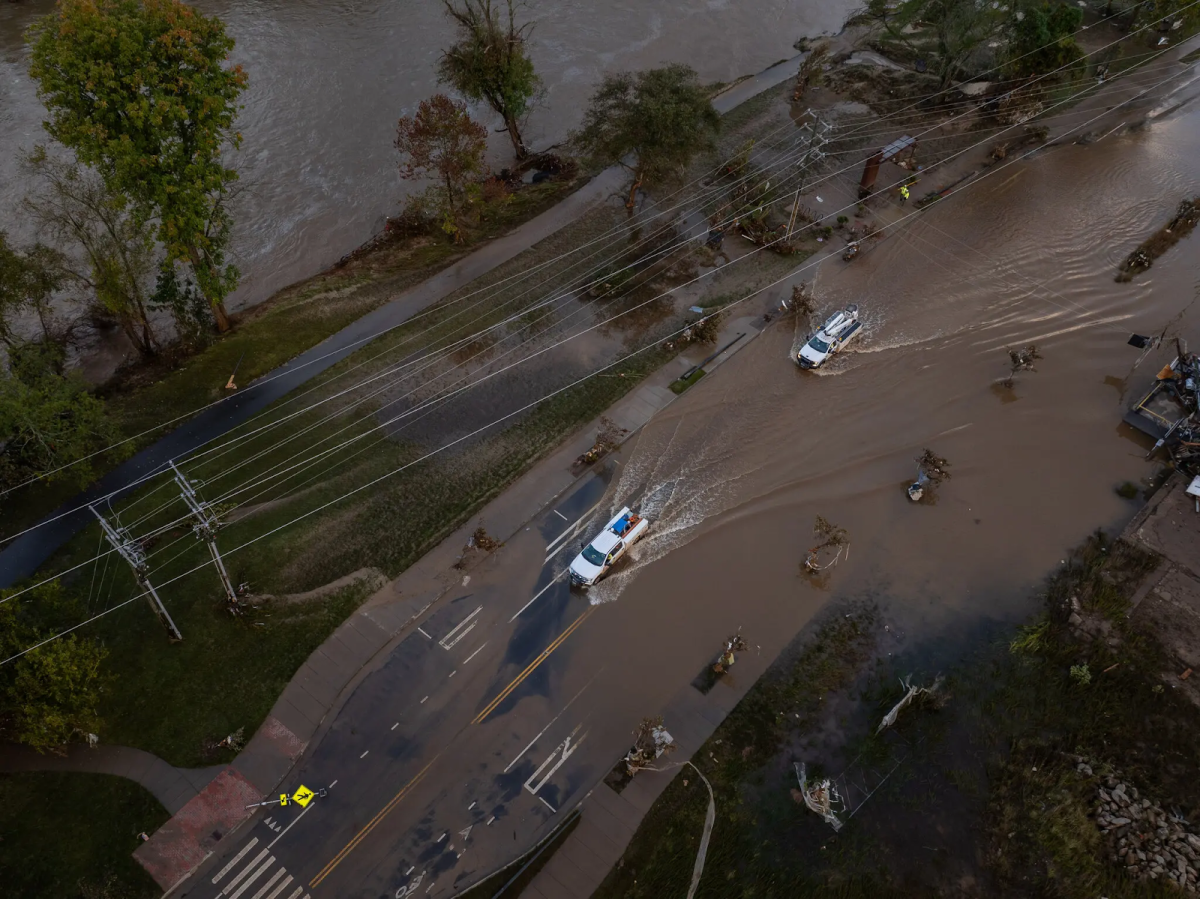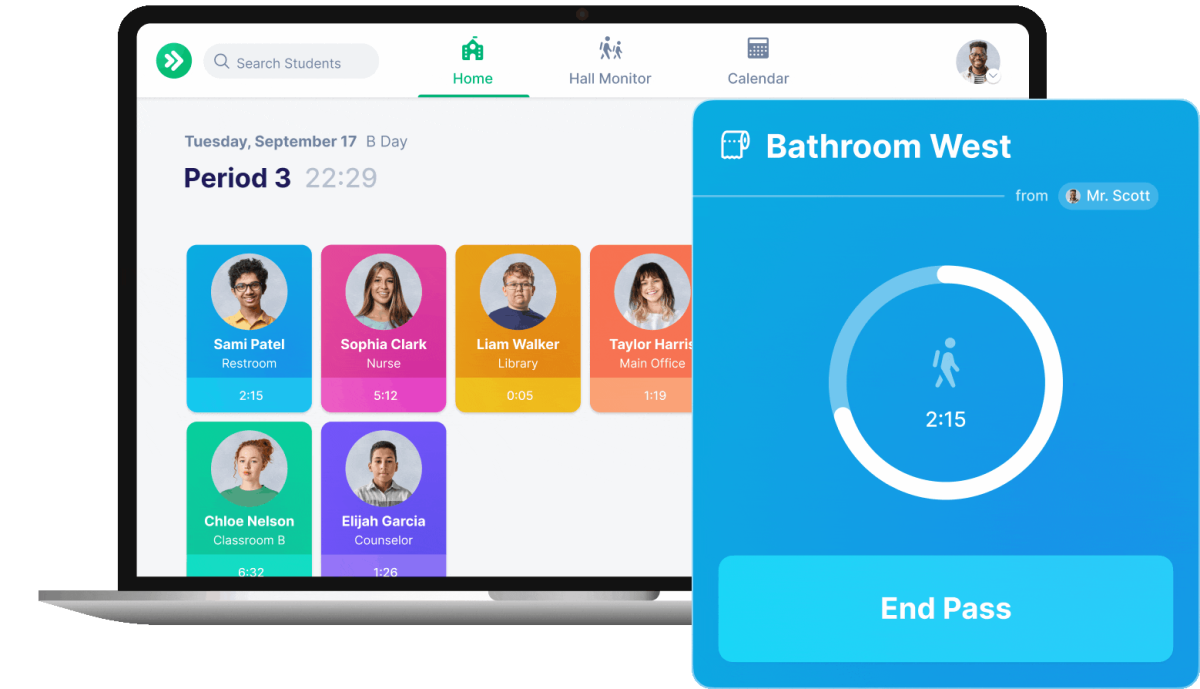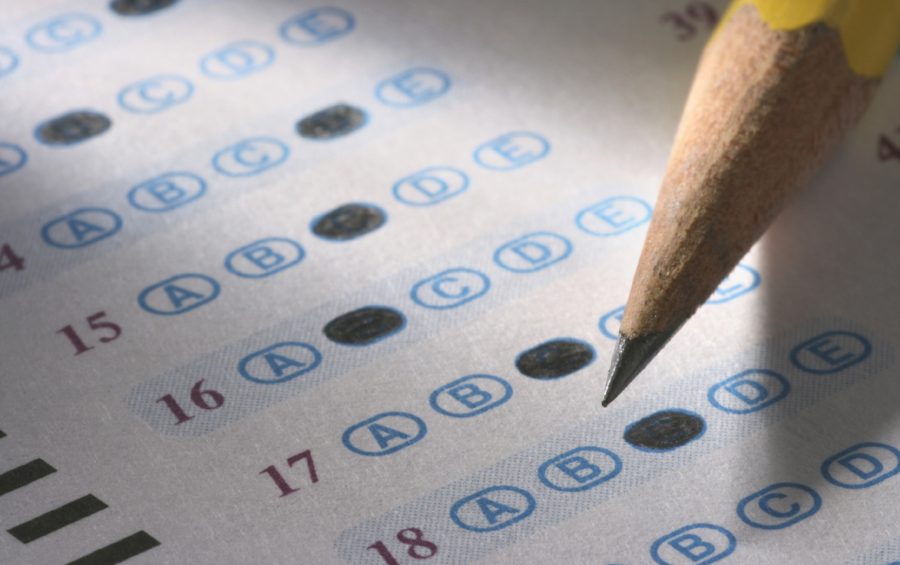In second grade, you may remember taking the relatively simple TerraNova standardized test, geared towards what students learned up to that point in elementary school. Then for the next six years of a child’s academic career in New Jersey, the New Jersey Assessment of Skills and Knowledge (NJASK) became routine every spring. Both of these tests have something in common; they test material a child in the respective grade level already learned. These standardized tests, with the NJASK being exclusive to New Jersey, came to schools in order to comply with the No Child Left Behind Act of 2001. In New Jersey, it was the NJASK. In the District of Columbia, it was the DC CAS. Every state had to develop a standardized test, in order to theoretically hold everyone accountable for a child’s education, from the teachers to the administrators.
In 2011, the Partnership for Assessment of Readiness for College and Careers (PARCC) came to fruition. PARCC is a consortium of 12 states and the District of Columbia, with the goal of creating a uniform standardized test to comply with Common Core standards. PARCC was hailed by supporters as a revolution in the field of testing and education, but there were already serious doubts.
With what was originally 24 states and D.C. under its belt, PARCC developed a set of standards for the “revolutionary” test. One by one, states dropped out of the consortium, beginning with California. Between 2011 and 2014, the number of students estimated to be tested by PARCC declined from 31 million to possibly less than 5 million. This is due to the fact that Pearson, the troubled company selected to make PARCC testing a reality, contracted with just 10 states and D.C. to administer the test in spring 2015. Although the consortium still has 13 member states (including D.C.), the other two have opted out of the 2015 testing. Which leaves 11 states (again, including D.C.) to administer the test to end all tests in 2015. And wow, New Jersey just happens to be one of the remaining states.
The fact that 14 states dropped out of the PARCC consortium should be a sign to the organization that something is wrong. Somewhere along the line, a decision must have been made to drive away 14 states representing over 20 million children. Well, the reasoning behind the mass exodus from PARCC is quite simple. The test “stinks.” At least in the words of 10-year-old Elizabeth Blaine of Montclair it does. Blaine, who is in fourth grade in the Montclair Public Schools, has been subjected to endless preparation for the PARCC exams, claiming “six periods” of classroom time. The PARCC, as opposed to traditional standardized tests, is administered on the computer. It includes material that the grade level being tested probably has not learned yet. In fact, Blaine’s PARCC practice test included, “adding, multiplying, and subtracting fractions, long division, and geometry.” Blaine told the Montclair Board of Education that she and her peers simply have not learned said material. Her sentiments, including a bold statement that has landed in headlines everywhere from the Star-Ledger to the Washington Post, were intended to lean support for the addition of an “opt-out” option for parents who do not want their children subjected to the PARCC. Other school districts, including those in Livingston and Glen Ridge, have actually done away with midterm exams in favor of preparing students for the PARCC. It’s “teaching to the test” taken to a whole new level. Blaine, who is a self-proclaimed lover of education, said in her headline-grabbing statement to the Montclair BOE that, “I love to read. I love to write. I love to do math. But I don’t love the PARCC. Why? Because it stinks.”
She is not alone. Experts and parents alike agree with Blaine. The PARCC exam does not adequately test the actual education being received in schools here and across America. Nevertheless, it is coming to a New Jersey school near you very soon. That’s because New Jersey is a governing member of the PARCC consortium, and has advocated greatly for its content and success.
I took the PARCC field test for English Language Arts last year, and aside from taking away three days from my AP English Language and Composition class, I became very frustrated with the test, and from the moans and groans of my peers, I can say with confidence that I was not alone. Having already taken the High School Proficiency Assessment (HSPA), the standardized test which must be passed in order to graduate high school in New Jersey, I went into the PARCC field test feeling confident that the test would be just as straightforward as the HSPA. I was wrong beyond belief. Not only did we experience technology issues on the first day, but the content itself was horrendously presented. I suppose you could claim that the average American high school junior should be able to complete a reading of two short stories or poems and answer questions about them, but the PARCC went about it all wrong. Instead of applying the skills students acquire through years of schooling, the PARCC attempts to force students to devise new strategies on the fly to complete the questions.
This is a ludicrous approach to testing in this day and age. Although the United States has fallen behind other nations in our education system, the manner in which we are going about reform is reckless and will not yield the desired results. We employ quality teachers in this country, and every single day, parents entrust their children to the hands of these caring people. The number of children attending college in America is at a record high, and we are employing the most educated workforce this country has ever seen. Schools have been the greatest contributors to the great success America has seen over the past two hundred years, and there has been no lack of speedbumps along the way. Funding and real education reform is what will solve our remaining problems and recover our lost ground in the world, not the PARCC exam or any other test which takes away from classroom time and does not test knowledge. It tests skill and methodology, an approach that sets children up for failure. Every child learns differently, so why is there a single solution to the issues we face?
I have neither the qualifications nor the knowledge on specifics of education reform to suggest direct actions which will lead to desirable results, but I do know that what we are currently doing is not working. PARCC is a failure. The company that designed PARCC, Pearson Education, is the subject of federal and state investigations into ethics and effectiveness of programs contracted by the government. Under Pearson, the PARCC exam was dropped by the aforementioned states, down to where we are today. Less than a quarter of the fifty states are part of the consortium, which had a promising goal to reform the testing and education system nationwide. Unfortunately, mismanagement and diversion from the ultimate goals of PARCC has led us here.
So, in the spring, twelve states and the District of Columbia will administer the PARCC exam for the first time. It will measure skills that students are not taught at their respective grade levels, and will presume that the overwhelming majority of students can navigate through confusing language to discern the point of the questions being asked. Hours of classroom teaching time will be lost to prepare for the PARCC exam, as schools and teachers scramble to prepare students to the best of their ability. Students will be subjected to an exam produced by a corrupt organization with dollar signs blocking its vision. It is shameful, because while all this is unfolding, there will be underprivileged children in underprivileged schools in underprivileged cities that beg for real reform of the education system. Demand that your Members of Congress at the very least inquire about education reform, if not propose solutions. Because we live less than a half hour away from a school district that performs so poorly, the New Jersey Department of Education took over the administration of the district. In fact, this city is in our county. If you guessed Newark, you are absolutely correct. Tell those students that our education system is perfect. Tell them that PARCC is simply the future, and that it is the students that must catch up. In both cases, you would be dead wrong.






























